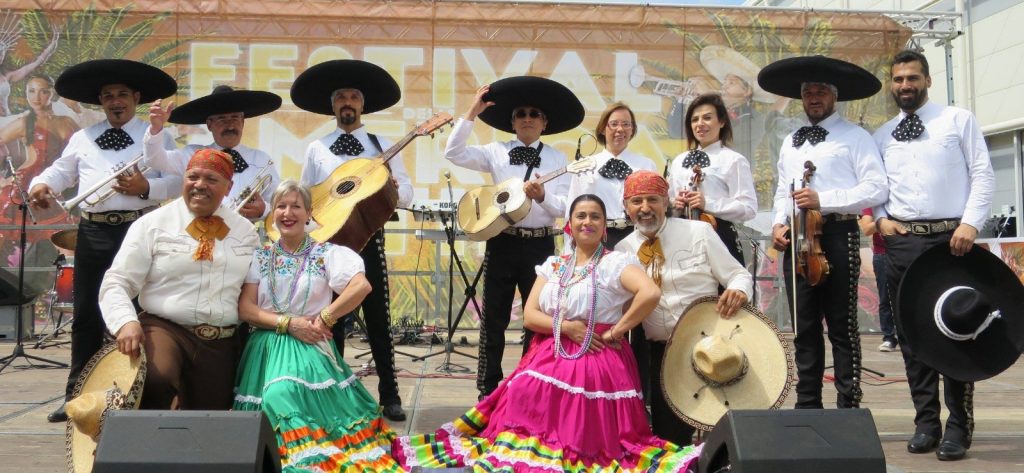In framework of the 28th Qurain Cultural Festival, the Mariachi ROMATITLAN will showcase traditional Mexican folk music on 10th March, at Abdulhussein AbdulRidha Theater in Salmiya.
The event is organised by the Embassy of Mexico with the sponsorship of the National Council for Culture, Arts and Letters.
Listening to the rhythmic sound of the mariachi produces a special sensation on the skin and provokes feelings of joy. For this reason, in Mexico the mariachi is celebrated, whose emblematic figure has become the representative of the music scene.
But beyond these emotions that pass for expressions of identity and nationalism, few know that the mariachi music has been recognized as Intangible Heritage of Humanity by the United Nations Educational, Scientific and Cultural Organization (UNESCO). According to UNESCO, the mariachi interprets traditional music and a fundamental element of Mexican culture through which values, history and different languages are transmitted, making it an Intangible Heritage of Humanity.
Although the state of Jalisco is considered to be the cradle of mariachi music, it has also been a relevant figure in other states such as Colima, Michoacán and Zacatecas, where its music is performed in public squares to the delight of national and foreign tourism, as well as in serenades, to liven up parties and meetings or activities in different parts of the world.
The musical influence of mariachi has transcended borders, where they have integrated this type of music with their own. This is the case of Mariachi Romatitlán, whose origin in Italy dates back to 1983 and which is made up of musicians of different nationalities, mainly from Italy and Mexico.
Regarding the origin of the word mariachi, there are two versions. One, that the word comes from the French mariage (marriage); It is said that in Jalisco during the French occupation of the country (1864-1867), musicians were hired to brighten up weddings; however, this version is not substantiated. The second version indicates that the mariachi had its origins in popular music and in the artists of Nueva Galicia, today Guadalajara.
The mariachi has taken root in traditional Mexican music through its ranchero, bolero, instrumental genres, and even classical music versions, as well as arrangements and fusions with symphonic accompaniment, giving it a renewed air. Before reaching the popularity it currently holds, in contemporary Mexico, the mariachi keeps native music alive.
Mariachi Romatitlán band
The “Mariachi Romatitlán” musical band is committed to the preservation and dissemination of traditional Mexican folk music. Since its creation, the band has been active, not only as interpreters of the mariachi music, but also in the search for traditional songs of this genre that is well known and popular worldwide.
In addition to performances at famous international festivals and venues, the musical band’s focus is to promote Mexican culture by collaborating with Italian and other European public and private associations. This effort and work have led to the presence of Mariachi Romatitlán at several international tours in Mexico, France, Switzerland, Greece, Slovenia, Croatia, Czech Republic, Cyprus and Ukraine, as well as in the Middle East, in Iraq, Algeria and Kuwait.
The group has participated in the International Festival of Mariachi Mexico held in Guadalajara, México, the world’s capital for mariachi music. Additionally, it has performed in several T.V shows for Italian audience (Radio Television Italian, RAI) and contributed to soundtracks of several successful Italian films.
The Mariachi Romatitlán collaborates regularly with the Mexican Embassy in Italy and, in recent years, with several other Mexican Embassies across all Europe and beyond. In recognition of their work and legacy, Mariachi Romatitlán received in 2015 the highly appreciated recognition “OHTLI” from the Mexican Government.

